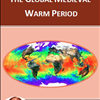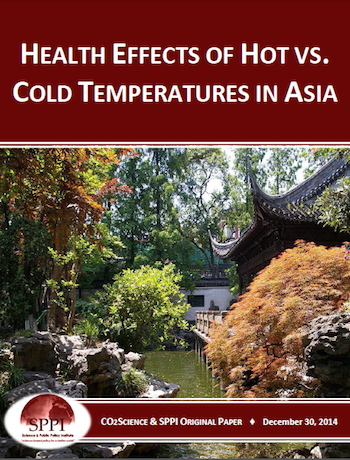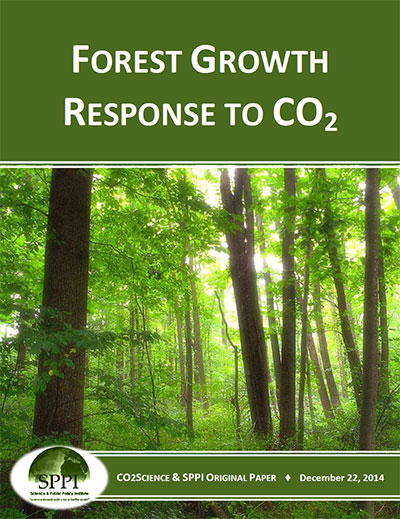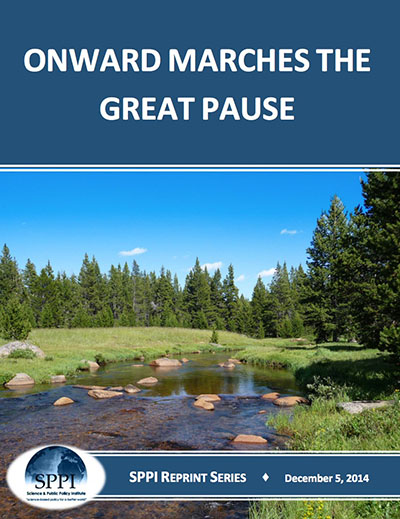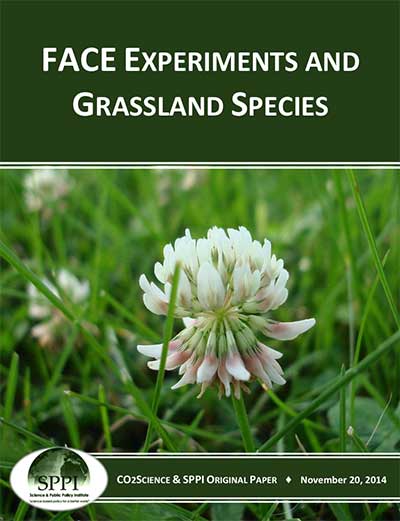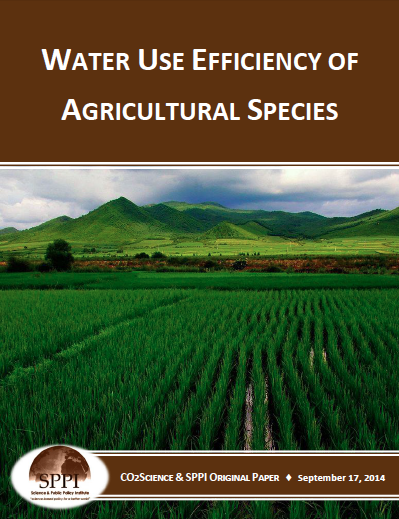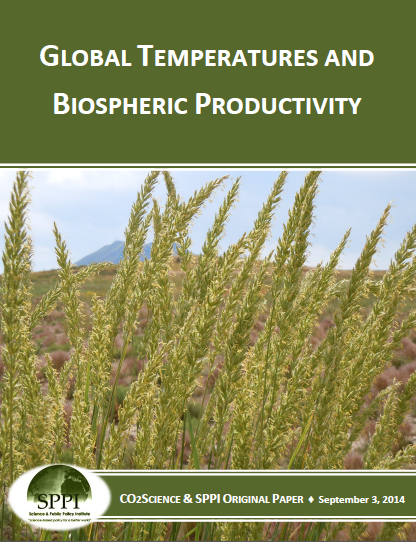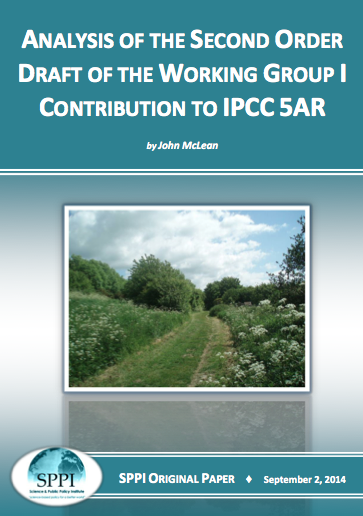Right Now
The Global Medieval Warm Period
Between the 10th and 14th centuries AD, earth's average global temperature may have been warmer than it is today, according to the analyses of Lamb (1977, 1984, 1988) and Grove (1988). The existence of this Medieval Warm Period was initially deduced from historical weather records and proxy climate data from England and Northern Europe. Interestingly, the warmer conditions associated with this interval of time are also known to have had a largely beneficial impact on earth's plant and animal life. In fact, the environmental conditions of this time period have been determined to have been so favorable that it was often referred to as the Little Climatic Optimum (Imbrie and Imbrie, 1979; Dean, 1994; Petersen, 1994; SerreBachet, 1994; Villalba, 1994).
Between the 10th and 14th centuries AD, earth's average global temperature may have been warmer than it is today, according to the analyses of Lamb (1977, 1984, 1988) and Grove (1988). The existence of this Medieval Warm Period was initially deduced from historical weather records and proxy climate data from England and Northern Europe. Interestingly, the warmer conditions associated with this interval of time are also known to have had a largely beneficial impact on earth's plant and animal life. In fact, the environmental conditions of this time period have been determined to have been so favorable that it was often referred to as the Little Climatic Optimum (Imbrie and Imbrie, 1979; Dean, 1994; Petersen, 1994; SerreBachet, 1994; Villalba, 1994).
-
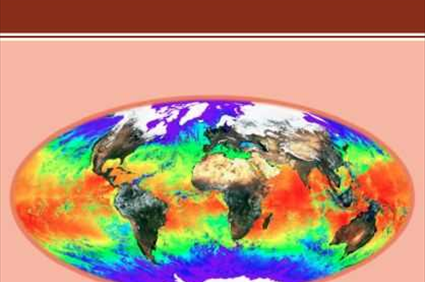 The Global Medieval Warm Period | Originals
The Global Medieval Warm Period | Originals
The Science and Public Policy Institute (SPPI) is a nonprofit institute of research and education dedicated to sound public policy based on sound science. Free from affiliation to any corporation or political party, we support the advancement of sensible public policies for energy and the environment rooted in rational science and economics.
-
The Global Medieval Warm Period
The Global Medieval Warm Period. Between the 10th and 14th centuries AD, earth's average global temperature may have been warmer than it is today.
Sign In to leave a comment
More Posts

Report This Post
Please complete the following requested information to flag this post and report abuse, or offensive content. Your report will be reviewed within 24 hours. We will take appropriate action as described in Findit terms of use.
Thank you. Your abuse report was sent.






